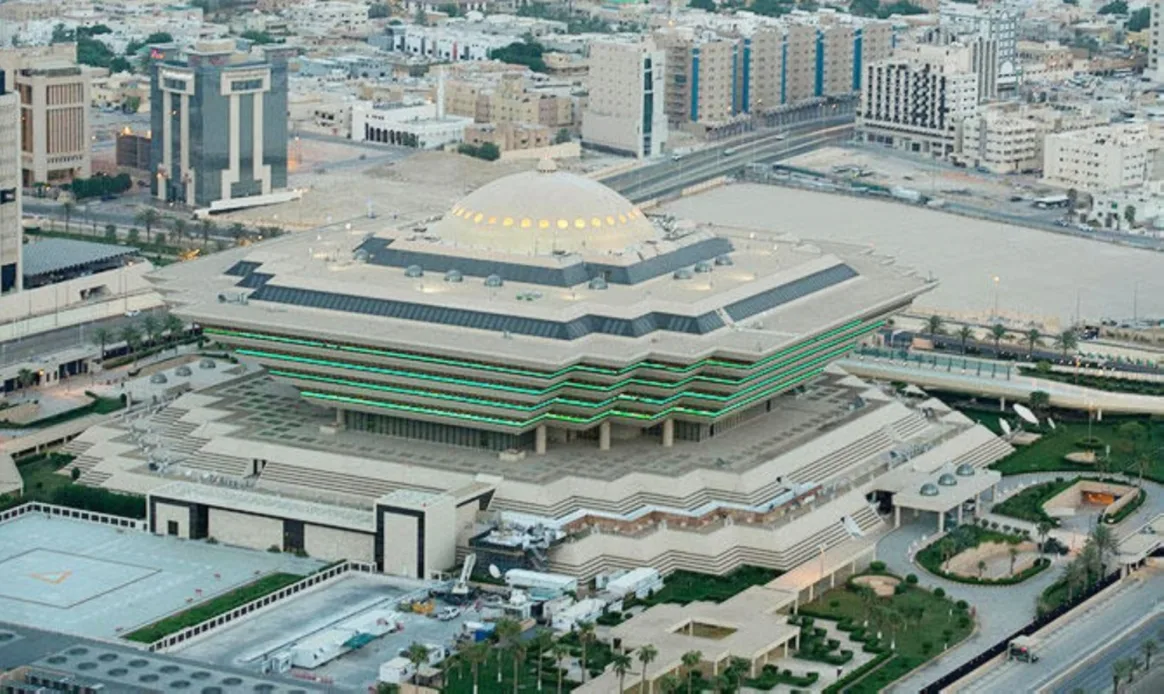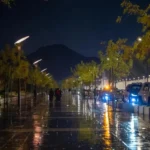The ruling became final after being appealed and then upheld by the Supreme Court.
The Ministry of Interior executed a death sentence today (Sunday) in the Riyadh region against Ali Adam Ali Abkar, a Sudanese national, for smuggling cocaine into the Kingdom.
The ministry stated that security authorities arrested the accused, and investigations led to his indictment. After being referred to the competent court, a ruling was issued confirming the charges and sentencing him to death. The verdict became final after appeal and confirmation by the Supreme Court, followed by a royal order to enforce the legally prescribed punishment.
The Ministry of Interior reaffirmed the government’s dedication to safeguarding citizens and residents from the dangers of drugs and enforcing the harshest penalties against smugglers and traffickers.
Supreme Court
The **Supreme Court** is the highest judicial body in many countries, including the United States, where it was established in 1789 under the Constitution. It serves as the final authority on legal and constitutional matters, ensuring the interpretation and application of the law. The U.S. Supreme Court, located in Washington, D.C., is housed in a neoclassical building completed in 1935 and plays a pivotal role in shaping national policies through landmark rulings.
Ministry of Interior
The **Ministry of Interior** is a key government department in many countries, responsible for domestic affairs such as public security, immigration, and civil administration. Historically, such ministries were established to centralize governance, often evolving from older systems of royal or colonial administration. Today, they play a critical role in maintaining law and order, managing citizenship, and overseeing local governance.
Riyadh region
The Riyadh region, located in central Saudi Arabia, is the country’s political and administrative heart, home to the capital city of Riyadh. Historically, it was a key trade and pilgrimage route hub, with roots dating back to the pre-Islamic era. Today, it blends modern development with cultural heritage, featuring landmarks like Diriyah (a UNESCO site and the original home of the Saudi royal family) and the Masmak Fortress, symbolizing the kingdom’s unification under King Abdulaziz.
Kingdom
The term “Kingdom” could refer to various historical or cultural contexts, but if referencing a specific place like the ancient **Kingdom of Kush** (in modern-day Sudan), it was a powerful African civilization (c. 1070 BCE–350 CE) known for its pyramids, trade networks, and conflicts with Egypt. Alternatively, if referring to a fictional or broader concept (e.g., medieval European kingdoms), it might denote a sovereign territory ruled by a monarch, often central to feudal systems and cultural heritage. Clarifying the specific kingdom would yield a more precise summary.






